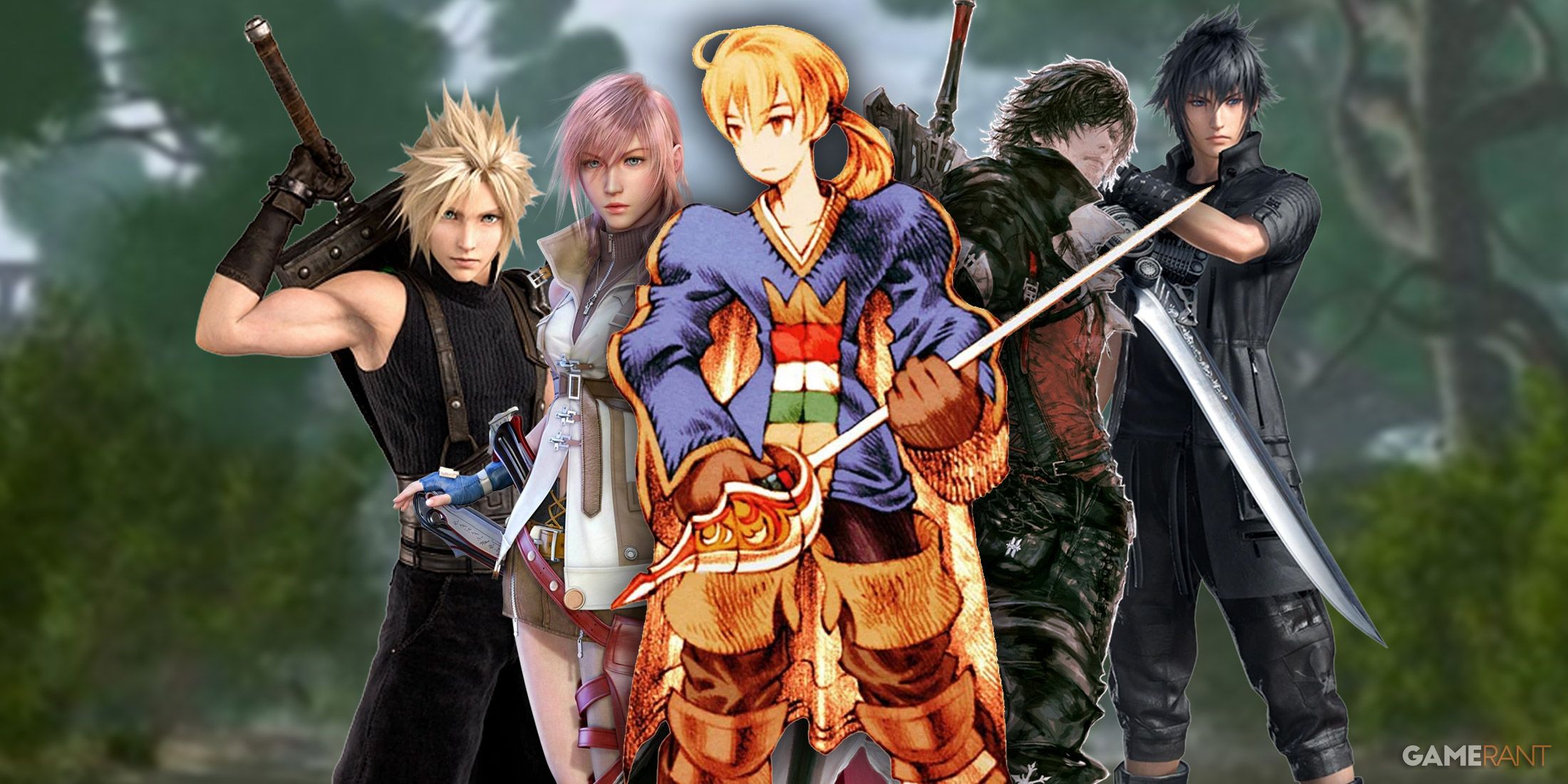
This fall, we’ll see the comeback of Final Fantasy Tactics: The Ivalice Chronicles, reigniting curiosity about its principal character, Ramza Beoulve. In a series known for legendary heroes such as Cloud, Tidus, and Clive, Ramza’s enduring impact is more subtle yet profound. Unlike his contemporaries in the mainline games, Ramza’s journey isn’t linked to destiny or prophecy. Instead, it’s grounded in personal principles and moral fortitude.
In the game ‘Final Fantasy Tactics’, Ramza’s standout characteristic isn’t his magical abilities or noble heritage. Rather, it’s his readiness to renounce privilege, his resistance to maintaining flawed systems, and his unwavering dedication to justice in a realm where truth is concealed. This grounded defiance might be what makes him one of the most enduring and contemporary protagonists within the ‘Final Fantasy’ series today.
Final Fantasy Tactics’ Ramza Rejects the System
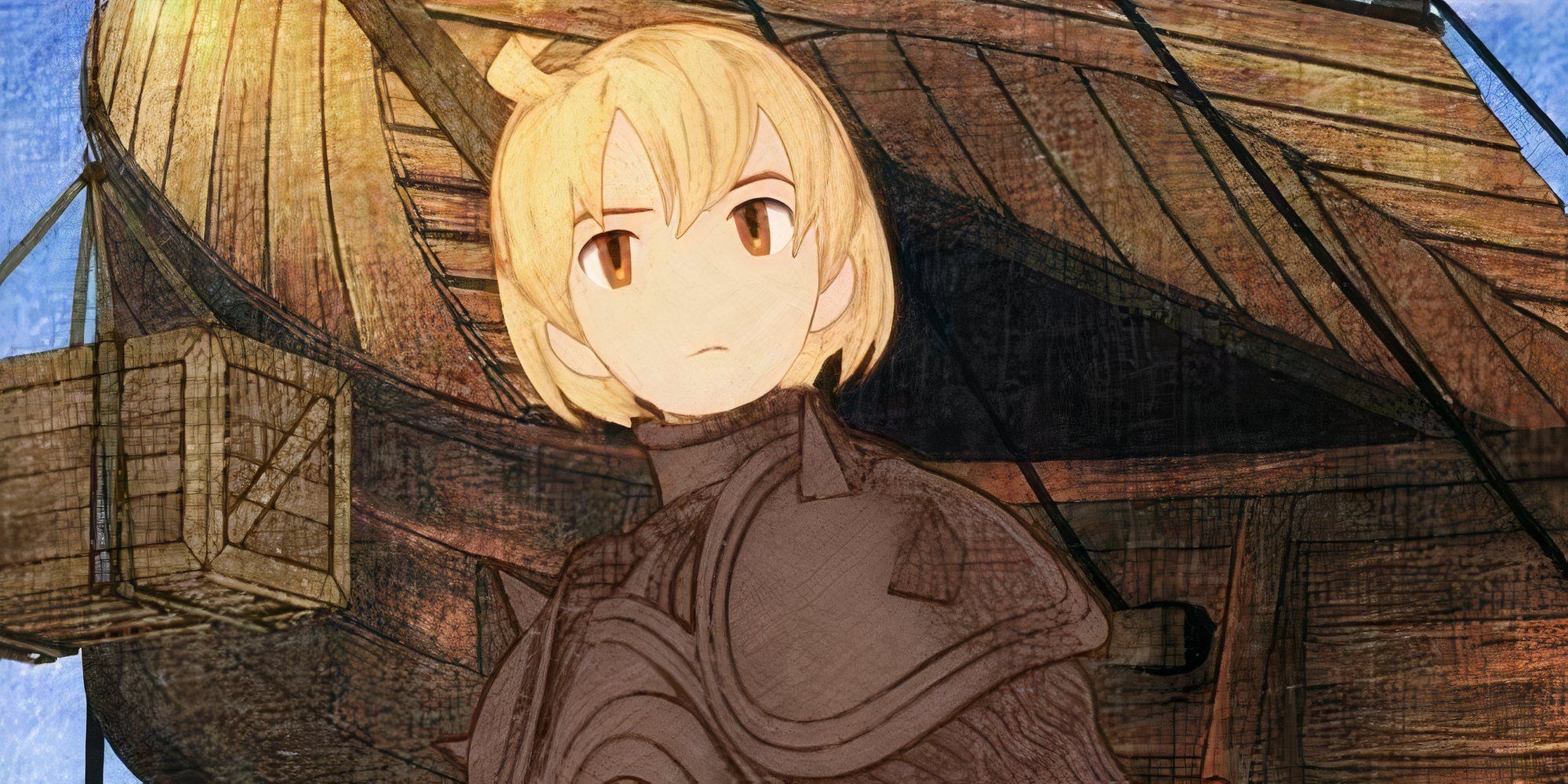

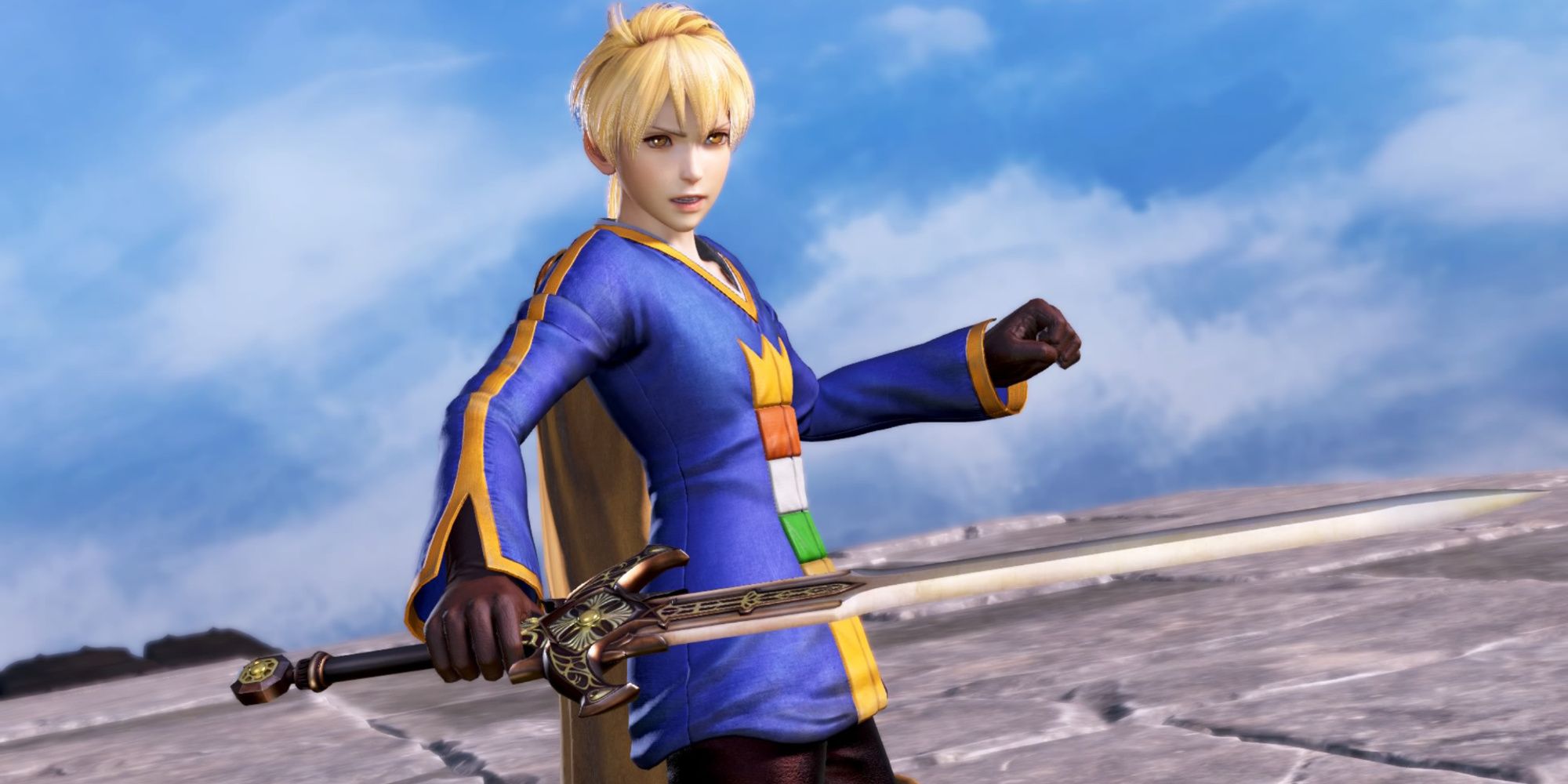
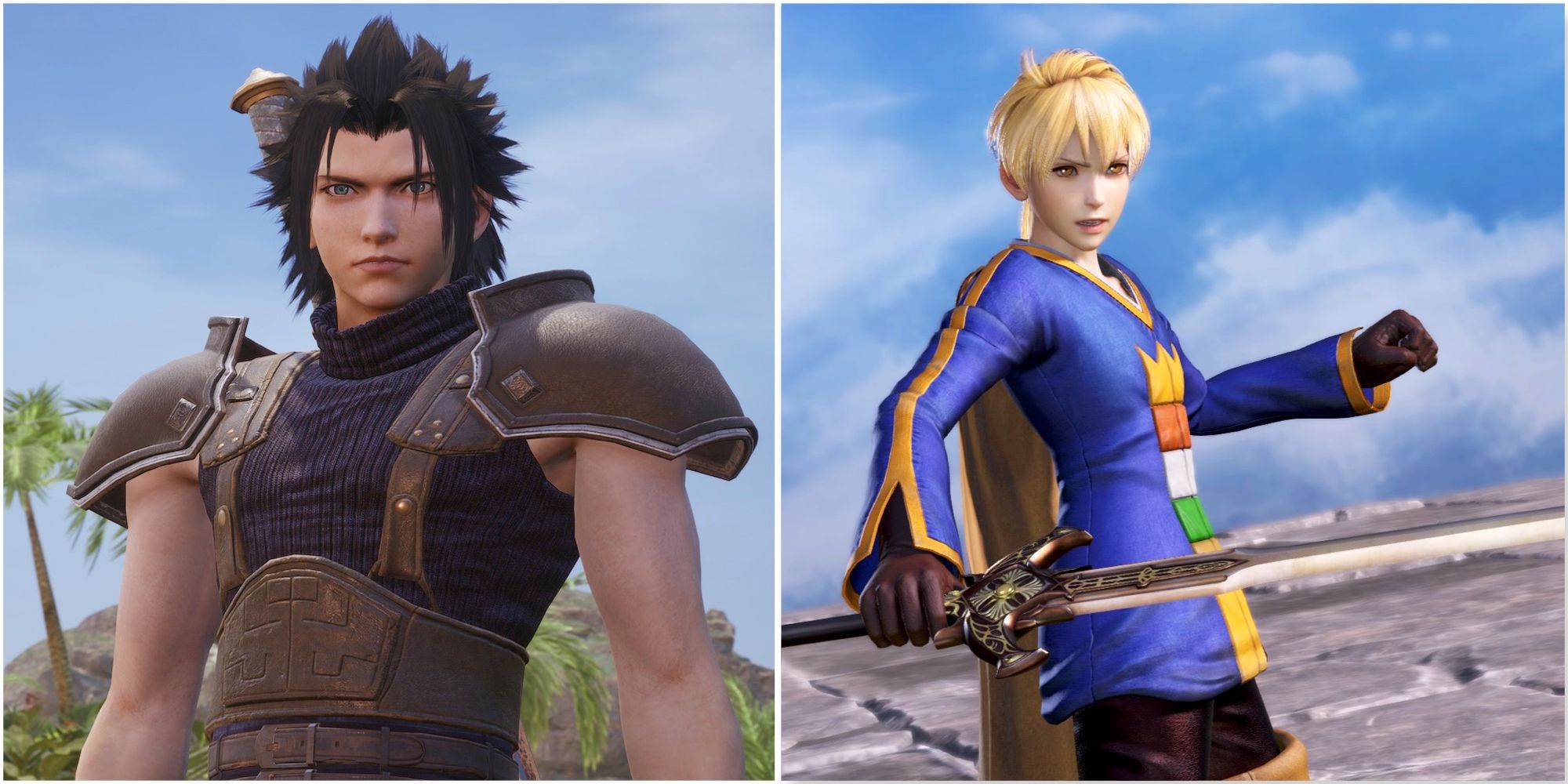
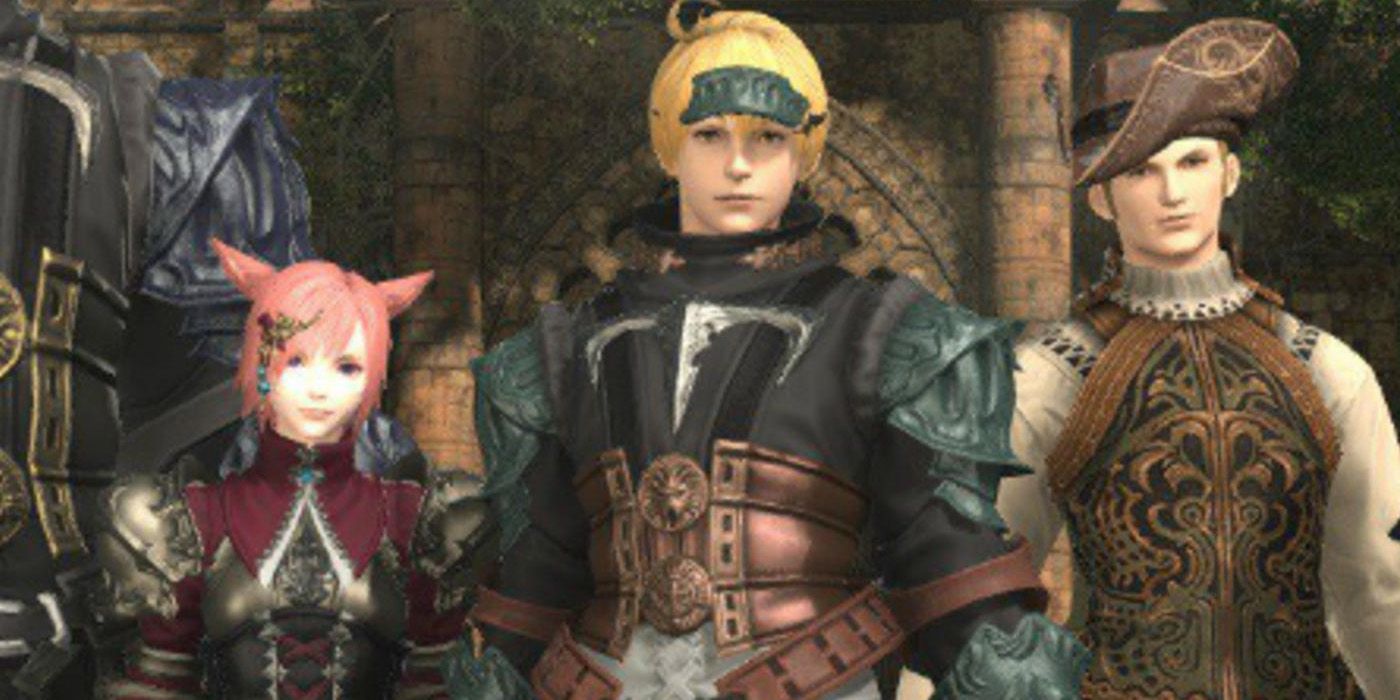
Instead of being entwined with fate or divine influence, Ramza’s struggle is strikingly human. Born into the noble House Beoulve, he starts the game guarding a system that he’s yet to grasp. As events unfold, he uncovers the price of unquestioned allegiance. His brothers Dycedarg and Zalbaag symbolize two aspects of aristocratic decay—greed and complicity. Unlike them, Ramza transforms into a hired sword and ultimately an outlaw accused of heresy.
In contrast to Bartz from Final Fantasy 5, who initially embarks on a casual journey that later turns grave upon meeting Exdeath, Ramza doesn’t enjoy the privilege of innocence. Instead, he’s compelled to deal with betrayal, war, and class disparity right from the start. While Bartz and his companions battle elemental wickedness, Ramza faces institutions rooted in cruelty that are built among humans.
As a devoted fan, I found Yasumi Matsuno’s letter accompanying the remaster of Final Fantasy Tactics: The Ivalice Chronicles incredibly impactful. Written during Japan’s economic downturn, the original story resonated deeply with a generation that had lost hope. Now, in 2025, amidst global inequality, Matsuno brings this narrative back to life, subtly reminding us through his work that “the power to stand up and resist is within your grasp.
Ramza’s decision to forgo his name and combat injustice silently distinguishes him from characters like the Warrior of Light from Final Fantasy 1, who serves as a symbol of foretold redemption. Unlike the chosen one, Ramza is an individual who decided to take action.
Ramza Differs From Heroes Focused on Identity
As a devotee of the Final Fantasy series, I can’t help but notice that many of its protagonists grapple with profound internal struggles. Cloud from Final Fantasy 7 battles memory loss and identity theft. Squall in Final Fantasy 8 wrestles with emotional isolation and vulnerability. Tidus in Final Fantasy X finds himself drawn toward sacrifice as a dream, unaware of the truth. These characters undergo transformations by unearthing deep-seated truths within themselves.
As a gamer, I’d say it this way: Unlike many others, Ramza doesn’t undergo a typical transformation. He’s already found his identity and convictions, even if they set him apart from those closest to him. While Squall learns to express himself more openly, Ramza learns to relinquish the weight of his heritage. Tidus grapples with a destiny beyond his control, but Ramza refuses to accept a system he could have influenced in order to fight for what’s right.
In contrast to Terra from “Final Fantasy 6,” who experiences love and a sense of belonging as her story unfolds, centered on human emotions, Ramza doesn’t find the same comfort. His triumph is not about finding resolution, but maintaining integrity. He doesn’t save the world for others to celebrate; instead, he endures for a cause that eventually fades into obscurity in history.
In the game, Dissidia Final Fantasy NT, Ramza’s appearance maintains its authenticity from the initial chapter of Final Fantasy Tactics, serving as a visual symbol that his ethical standpoint remains constant amidst the changing battles. His presence amongst legendary characters underscores his role as the moral compass within the franchise.
When placing him beside characters like Firion from Final Fantasy 2 and Luneth from Final Fantasy 3 – both battling imperial forces or ancient evils – the contrast is striking. Unlike Firion, who fights for freedom but may not scrutinize the principles of the rebellion, and Luneth, who is thrust into adventure by destiny, Ramza intentionally steps into his fate, understanding that his resistance will come at a great personal cost.
Ramza’s Influence Echoes in Final Fantasy 14
In Final Fantasy 11 and 14, the custom characters are heavily influenced by player decisions, but it’s Final Fantasy 14 that carries on the thematic heritage of Ramza. The protagonist of FF14, the Warrior of Light, navigates a world filled with power struggles, falsehoods in religion, and social disparities. Similar to earlier expansions like Heavensward and Endwalker, the game delves into the price of truth and the weight of moral choices, much like Final Fantasy Tactics did previously.
Ramza’s character embodiment differs significantly from the flashier main characters such as Lightning (from Final Fantasy 13) and Noctis (from Final Fantasy 15), who are more spectacle-oriented.
Lightning initially appears detached and focused on her duty until she develops compassion. Noctis matures into his kingship through sorrow. Unlike Noctis, Ramza starts as a devoted son and evolves by distancing himself from all that is familiar. His journey isn’t about ascension but rather disappearance.
In a different phrasing, even though Vaan from “Final Fantasy 12” frequently seems detached from the central struggle, he yearns for liberty and the open skies. On the other hand, Ramza has lost all his dreams. He presses forward with a single purpose: to safeguard the innocent, regardless of whether it means fading into obscurity.
In the latest installment of Final Fantasy, titled Final Fantasy 16, the new main character named Clive bears a striking resemblance to Ramza in several aspects. They both suffer through hardship, lose trust in those in power, and battle not for personal gain but for freedom. However, while Clive’s story evolves into a saga of public redemption and myth-making, Ramza’s tale remains shrouded in obscurity, his legend forgotten.
Essentially, although Final Fantasy Tactics might not have the same level of fame as its main series counterparts, characters like Ramza ensure that it holds its ground among the other FF heroes. Fans are excited for the September remaster of Final Fantasy Tactics, hoping it will demonstrate the captivating nature of Ramza as a lead character.
Read More
- Poppy Playtime Chapter 5: Engineering Workshop Locker Keypad Code Guide
- Jujutsu Kaisen Modulo Chapter 23 Preview: Yuji And Maru End Cursed Spirits
- God Of War: Sons Of Sparta – Interactive Map
- 8 One Piece Characters Who Deserved Better Endings
- Mewgenics Tink Guide (All Upgrades and Rewards)
- Top 8 UFC 5 Perks Every Fighter Should Use
- Who Is the Information Broker in The Sims 4?
- Pressure Hand Locker Code in Poppy Playtime: Chapter 5
- Sega Declares $200 Million Write-Off
- Full Mewgenics Soundtrack (Complete Songs List)
2025-06-07 23:05